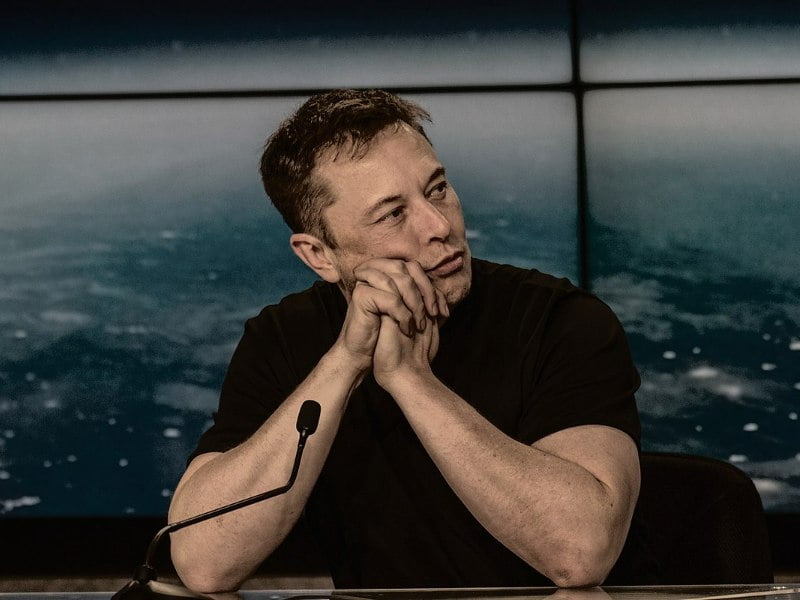The public stoush between Twitter and Elon Musk appears to be coming to an end – with Musk finally agreeing to buy the social platform. Musk will inevitably shape Twitter into something unrecognisable, which may force us to look for a more suitable platform that’s become a significant pillar in our public square.
Under Musk, Twitter will likely change. Already he’s hinted at something like a WeChat-style “everything app” which might incorporate social media, e-commerce, payments, marketplace, entertainment, ride hailing and more.
In one of their exchanges, founder Jack Dorsey expressed a desire for a decentralised protocol free from corporate or public governance: “It (Twitter) should never have been a company” according to Dorsey. Both men seem to agree that Twitter, in its current form does not work.
But the rest of the Twitter audience, which has grown accustomed to the platform may disagree with Musk and Dorsey on where Twitter’s problems lie, and what solutions need to be developed as result.

This disconnect between the potential new owner’s aspirations and (basically) everyone else will no doubt result in conflicts on where Twitter’s product direction and future will lie.
Already the very thought of Elon Musk leading the company has resulted in several senior leadership resignations, with the VP of product management for health, conversation and growth, VP of Twitter Service, and Head of data science leaving as the deal was being developed some months back.
Musk has also expressed a desire to install a new CEO, his strained relationship with current CEO Parag Agrawal being revealed over a series of text messages in court filings as part of Twitter’s lawsuit.
Many staff members are none too pleased either, expressing their discontent publicly over social media and over Twitter’s internal forums.
The victim of this inevitable fallout will be Twitter itself, a platform many of us have come to rely on.
Twitter has become a central feature in our daily communications, with its ability to disseminate news and information at lighting speed appealing to journalists, politicians and public figures.
Cultural moments and even cultural movements are born, ignited and die as pithy hashtags.
Scandals, policy, natural disasters and world events are shared in a 24-hour cycle in one of the online world’s largest megaphones.
But despite its convenience and scale, communicating in tweet form has never been ideal.
Character limitations on Twitter, notwithstanding new features like threads and the even newer edit button, forces a kind of hostile back and forth that has never been conducive to proper discussions and deliberations, instead encouraging one-upmanship, mic-drops and snarky sub-tweeting.
Twitter’s amputated form of communication, lacking subtlety and nuance, forcing us all to speak in smug headlines, does not facilitate consensus and conciliation. Yet we have grown accustomed to engaging in this way, including for very serious topics that really deserve better.
This was shown as particularly problematic during the Trump era, as the former president seemingly developed policy on the fly by tweeting, preferring shouty announcements to interviews and consultations.
But like many of today’s largest digital platforms, Twitter has managed to insinuate itself into our lives to the point where harms are normalised and we conveniently ignore its issues.
So once Musk inevitably changes Twitter into something unpalatable, or something that’s too different for its current users, then perhaps there is indeed a silver lining.
We might be forced to look for or even develop something better, more suited to our democratic needs, and explicitly designed to improve our public square.
Jordan Guiao is a Research Fellow at The Australia Institute’s Centre for Responsible Technology.
Do you know more? Contact James Riley via Email.

